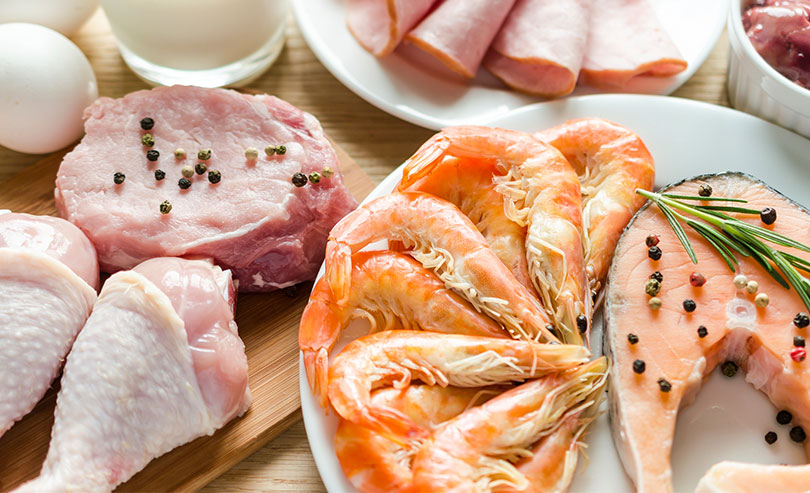Foods for IBS
Understanding FODMAPs and why you shouldn’t eat some foods.
By now you’ve likely heard that you should avoid high FODMAP (Fermentable Oligo-saccharides, Di-saccharides, Mono-saccharides and Polyols) foods if you have IBS. FODMAPs are short chain carbohydrates found in foods. People with IBS don’t absorb or digest this type of carbohydrate very well, and so the carbs ferment in the gut and cause the characteristic symptoms of IBS (i.e. bloating, diarrhea, constipation, cramping).
By eating low FODMAP foods, you will likely experience improvement in your symptoms. The low FODMAP diet is recommended for a 6-8 week period. After following this plan, you may slowly reintroduce some foods and see how you react to them. If you don’t experience more symptoms, you can continue to eat those foods. For best results, you should consult a dietician.
1. Eggs, meats and fish
Eggs, fish, turkey, chicken, lamb and shellfish are all good choices. Although beef and pork are low in FODMAPs they are high in fat and so should be consumed in moderation.
Homemade meals are the best, as many semi-prepared meats contain high fructose corn syrup and other sugars that should be avoided if you have IBS. Some meat alternatives like beans, lentils, soybeans are high FODMAP foods and should not be included in your diet.
Antidepressants for IBS have shown to be helpful in managing some symptoms such as abdominal pain, diarrhea, bloating, urgency, constipation and nausea.







